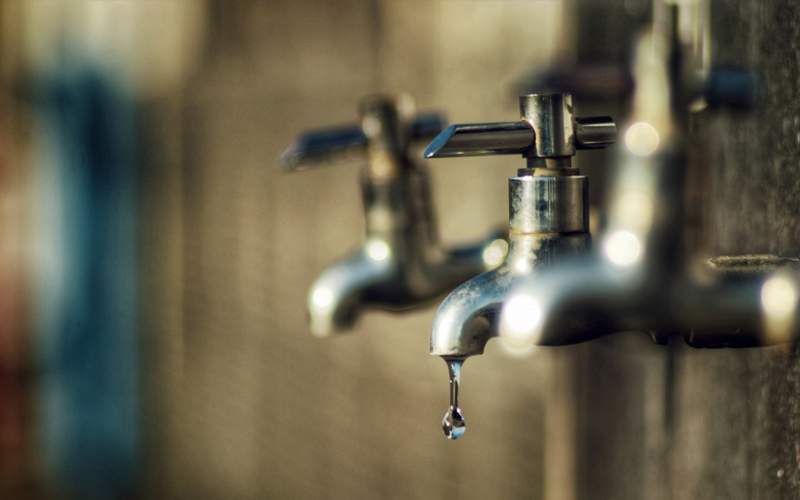The hot months are here in Visakhapatnam and so are the woes of water scarcity that come along. A densely populated neighbourhood at Seethammapeta in Vizag has been facing acute water shortage since the onset of April. In a developing trend, the mornings here witness individuals jostling in their households and locality to make arrangements for their daily quota of water. Making judicious use of the limited water resources has been the need of the day for the past couple of weeks. Sadly, the scene at many other areas in Vizag has been a similar one. Notably, the area of Arilova, which was usually associated with high levels of groundwater, now doesn’t seem to give a sight of water even after digging in 300 feet deep, reports claim.
Fast depleting groundwater reserves and scanty rainfall in the previous season have taken a toll on the water resources in Visakhapatnam. And while GVMC does supply water for a stipulated time frame throughout the city, the gap between demand and supply is a growing one. Urbanisation, industrial/commercial demands and a growing population that’s insensitive to issues are to blame.
Citizens fear that the problem of water shortage is only going to get more pronounced in the days to come. Can some innovative solutions like making ocean water potable be really implemented? Can some simple habits be instilled to control water wastage? Or does the solution lie somewhere else? Isn’t it time to rethink the world we plan to gift to our future generations? Here’s what a few denizens think of the water scarcity in Visakhapatnam.
“People of Seethammapeta usually face water scarcity from the beginning of April and it lasts till the end of the summer. To meet the daily requirements, we are forced to depend on water tankers. We can overcome this problem if we take a few measures like rainwater harvesting facility for every individual or apartment, water treatment and recycling for the non-drinking purpose to name a few,” says Sravya Manne.
“Irrespective of the politicians’ promises, the problem of scarcity has been persistent, especially in summers, when the need for water is the greatest. Areas such as Seethammadhara, Akkayapalem, and Asilmetta, which are densely populated, are where the issue is more pronounced. The government should take measures like shade balls, floating covers, and promote basic water conservation techniques with demonstrations and make it cost-effective for a wider appeal,” shares Karan Sikri
“We have ourselves to blame for the crisis. And going forward, the problem is likely to worsen if we do not stop over-exploiting natural resources. Chopping down trees mindlessly hasn’t helped the cause either as the soil in many areas has lost its water-retention capacity. It’s high time we act responsibly,” opines Swarna Pemmaraju.
What is your take on the issue? Do let us know in the comments below.









Discussion about this post